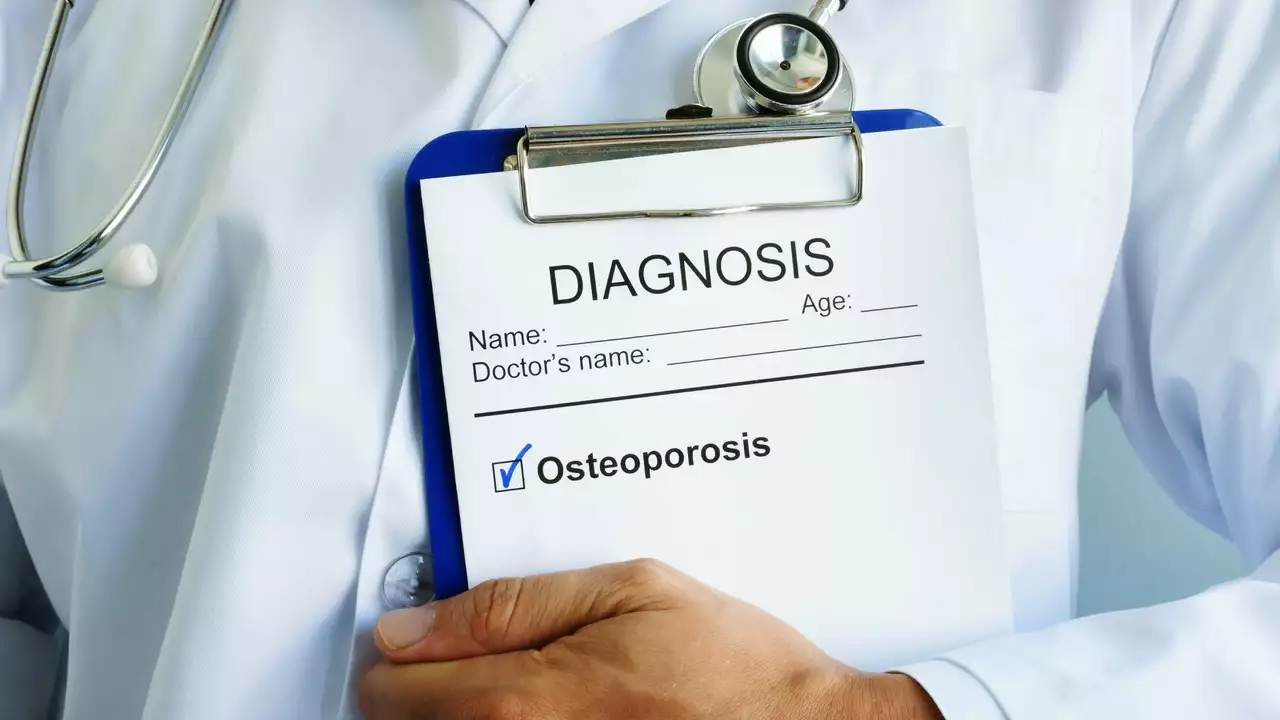Bone Health: How to Keep Your Bones Strong
Bone health matters now and later. Strong bones make daily life easier, help prevent fractures, and keep you active as you age. You don’t need fancy routines—small, consistent habits make a big difference.
Eat and supplement smart
Calcium and vitamin D are the basics. Aim for about 1,000 mg of calcium daily for most adults and 1,200 mg after age 50; try to get this mostly from food — milk, yogurt, cheese, canned salmon with bones, kale, and fortified plant milks. If you can’t meet needs through food, a supplement helps.
Vitamin D helps your body absorb calcium. Many people need a supplement, especially in winter or if they get little sun. Common doses range from 800 to 2,000 IU daily; check a 25(OH)D blood test with your doctor to see what’s right for you. Don’t guess—too much vitamin D is possible and unnecessary.
Protein, magnesium, vitamin K2, and zinc also support bone building. A balanced diet that includes lean protein, whole grains, nuts, and leafy greens covers most of these. Avoid very low-calorie diets—your bones need fuel.
Move in ways that build bone
Weight-bearing activity and strength training tell your bones to stay strong. Walk briskly, climb stairs, play tennis, do jumping or dancing — those are weight-bearing moves. Add resistance training 2–3 times weekly: bodyweight squats, lunges, dumbbell rows, or resistance bands work well.
Balance and flexibility reduce falls. Try heel-to-toe walks, single-leg stands, or a short yoga routine. Even 20–30 minutes a day of mixed activity helps more than long, infrequent workouts.
Watch the risk factors you can change. Smoking speeds bone loss. Heavy drinking (more than 2–3 drinks a day) raises fracture risk. Some medications and medical conditions affect bones—ask your doctor if your meds might contribute.
Get tested if you're at risk. A DEXA (bone density) scan is the standard test to check for osteoporosis or low bone density. You might need it if you’re a woman over 65, a man over 70, have a fracture after age 50, or have other risk factors like long-term steroid use. Your doctor will recommend how often to repeat it.
If you have weak bones, treatment options include prescription drugs like bisphosphonates, denosumab, or other newer agents. These work differently, so discuss benefits and side effects with your clinician. Medication plus lifestyle changes gives the best results.
Small changes add up. Focus on food, vitamin D, regular weight-bearing exercise, and fall prevention. Ask your doctor for a bone health plan tailored to your age, health, and meds. Strong bones mean more freedom—start with one practical habit today.
 27 June 2023
27 June 2023
The Impact of Diabetes Type 2 on Bone Health: Preventing Osteoporosis
In my recent research, I've discovered that Type 2 Diabetes significantly impacts bone health, often leading to Osteoporosis. This condition makes bones weak and brittle, increasing the risk of fractures. It's concerning to note that diabetes increases the risk due to factors like insulin resistance and high blood sugar levels. But the silver lining here is that lifestyle changes and proper medication can help in preventing this. So, let's focus on maintaining a healthy diet, regular exercise, and timely medical checks to keep both diabetes and osteoporosis at bay.
Latest Posts
-

FDA Generic Approval Changes 2023-2025: What Manufacturers and Patients Need to Know
-

Shingles Vaccine: Who Should Get It and When
-

Enalapril and Depression: Understanding the Connection
-

Meniscus and ACL Injuries: Understanding Knee Pain and When Surgery Is Necessary
-
Crotamiton for Pets: Treating Scabies in Dogs and Cats

19